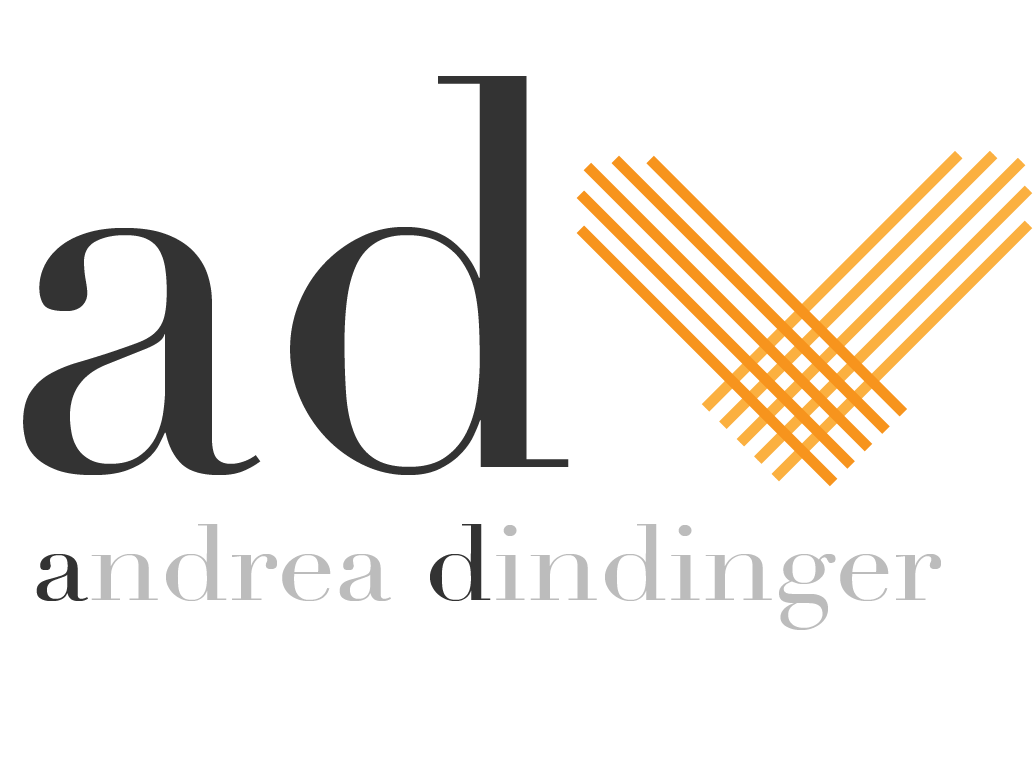Are you the emotional leader in your relationship?
The other night, I was on my way to meet a friend for dinner when I saw a dog—leash still attached—running full speed down the street. Not just trotting, but panicked. I slowed the car, got in and out of the car, rolled down the window, shouted, and honked. I tried—six different times—to help.
What shocked me most wasn’t the dog’s fear or the chaos of trying to stop without hurting him. It was this: at least 25 people were around. Walking their own dogs. Standing on the sidewalk. And not one person stepped in to help. They watched. Or looked away. Or stayed on their phones.
This wasn’t a stray. This was a loved dog, with a pink collar, clearly in distress—and people didn’t respond.
I drove away heartbroken. And outraged.
Because if we can’t show up in a moment like that—when the call for help is right in front of us—what happens in the quieter moments of distress, in our own homes, with the people we love?
Which brings me to relationships.
When a couple is in conflict, or when someone’s emotions are running wild—there’s a version of that runaway dog in the room. The distress might not be as dramatic. But the need for someone to notice and regulate is just as real.
So here’s a truth I want you to hear:
Every relationship needs a leader.
Someone who sees what’s going on and takes action to regulate—not dominate—but regulate the emotional climate.
That’s how safety gets built. That’s how kids learn to co-regulate. That’s how couples grow closer, not farther apart.
And yes, it’s often women who step into this role first. We’re socialized to soothe. From the time we’re babies, girls are held a little more gently, expected to be the caretakers, the peacemakers. And so we grow up learning to take the emotional temperature of the room before we even know how to spell “boundaries.”
But let me be clear:
Emotional regulation is not weakness.
It’s leadership.
It’s maturity.
And it’s deeply powerful.
When someone who is grounded stands beside someone who is overwhelmed—when we simply breathe with them, or offer a hand on their shoulder—it changes the nervous system. It changes the moment. It invites connection.
Stuffing emotions down doesn’t regulate anything—it’s like inflating a balloon without letting any air out. Eventually, it pops. And that pop? It’s usually messy and loud.
Regulation, on the other hand, is like slowly letting the air out. It's gentler. It’s safer. Sometimes, even funny. (You’ve seen a balloon deflate and fly around the room—it makes people laugh! But a balloon popping out of nowhere? That’s jarring.)
So my question for you today is:
Are you the emotional leader in your relationship?
And if not—are you willing to become one?
I’d love to hear your answer. Hit reply and let me know.
With heart,
Ready to shift the dynamic in your relationship?
Start here👇🏼
Relationship Reboot Course – My signature program to help you break old cycles and build a stronger, healthier connection
Annual Relationship Review – A free resource to help you reflect, reconnect, and recommit
Take the Connection Quiz – Find out how strong your foundation really is


